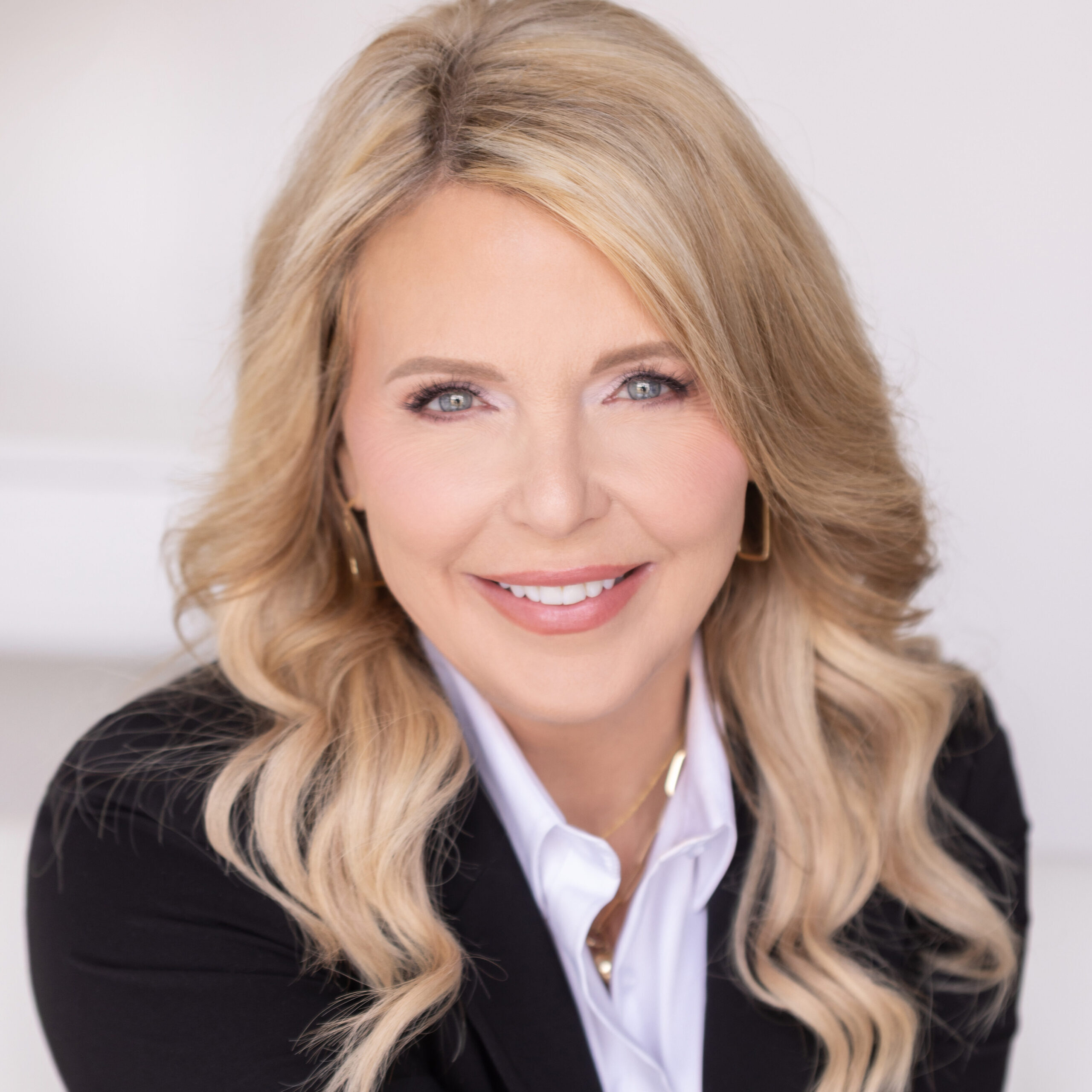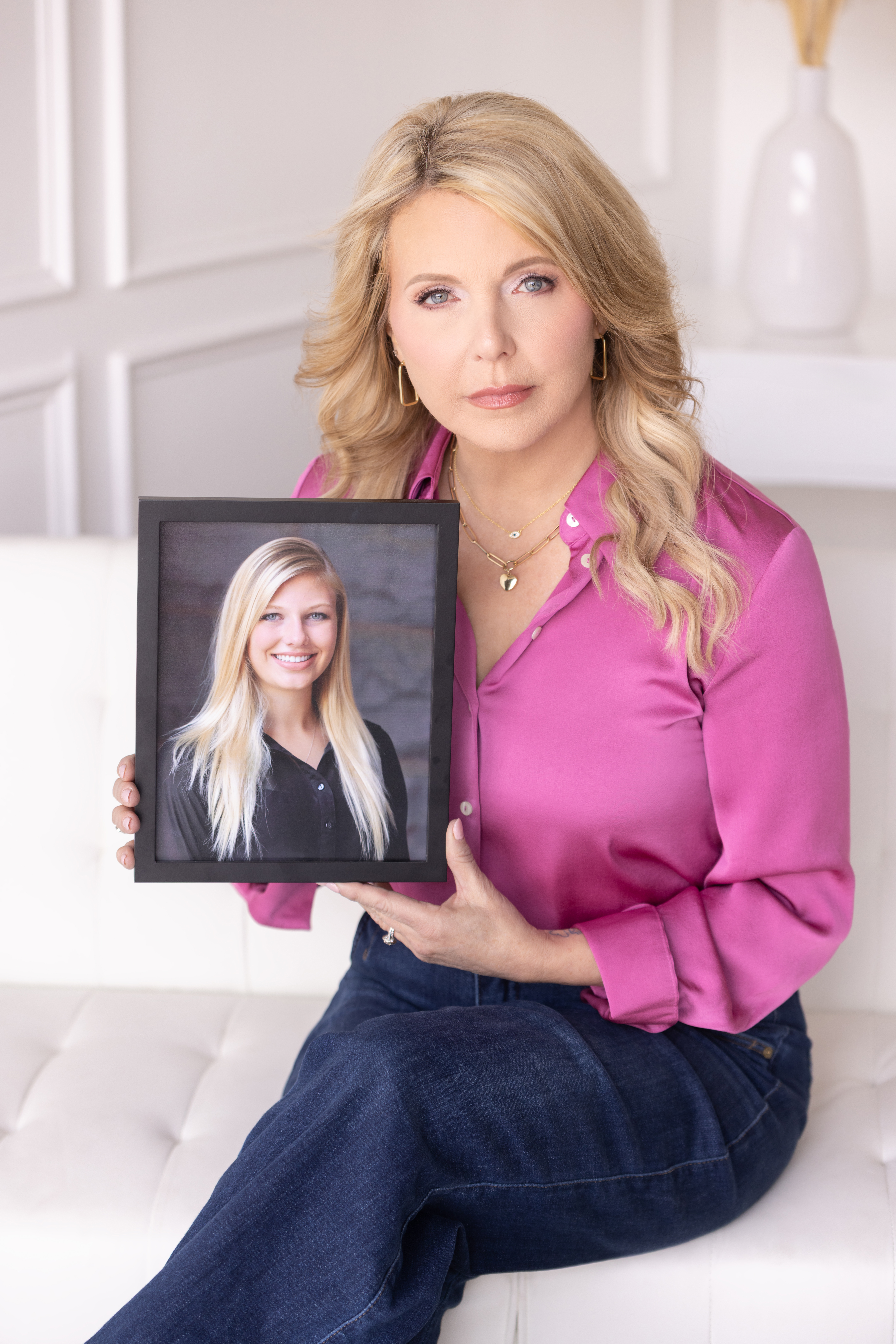“It’s the girls fault she is dead. He did not force her to do drugs she did them willingly. How about holding junkies responsible one of these days instead of coddling them. oh and I’m sure the fact that her mother is a prominent news reporter had nothing to do with this, a junkie dead on the streets would not get this treatment.”
– Michele Marie Sommers
It is my daughter’s fault or mine or both that she is dead, according to various opinions on social media. Social media gives everyone an equal voice, even those who are uneducated, uninformed and mean-spirited. But the real problem with these statements is that they make my efforts to end the stigma surrounding addiction for substance abusers and their families, all that much more difficult.
“Addiction is a choice. You choose to take the first hit. You choose to take the pain meds prescribed. You choose to die in the end,” Sarah Marie Neil
Half of the population does not believe that addiction, or now the more politically correct term, “substance use disorder,” is a disease. However, after all my research, I firmly believe that addiction is a disease of the brain. This video explains it well:
“She was using HEROINE (sp)!!! HEROINE (sp). Stop making it seem like he spiked her Kool-Aid with fentanyl,” Lyndsey Homes
Many people will experiment with drugs and alcohol. Only ten percent of them will end up with a substance use disorder. The other 90 percent have very harsh words for those ten percent. Words like “junkie,” “addiction is a choice” and “failed parenting:’ All driving the shame that people feel, both the individual struggling with the illness and their families, deeper and deeper. This very rhetoric prevents many people from reaching out for help. Families feel the need to hide this “dirty little secret,” and more and more people die. Every single day in this country 193 people overdose and die. That is one person every eight minutes. How long did it take you to read this blog? How many people died during that time?
As long as we point fingers and blame the addict or their parents, there will be no real solutions. I often feel as if I’m just one tiny little voice out there, battling Goliath; trying to turn the tide of public opinion.
“…..but a common theme i seen during drug addiction was tgeir (sp) parents failed to 1. Properly inform them of the consequences 2. Didnt (sp) pay much attention to theur(sp) kids. Failed parenting leads to addiction and a troubled lifestyle. So quit playing victim alit of us are sick of hearing it,” Jeremy Crittenden
According to Jeremy, I failed as a parent. I am not going to waste my words in this blog defending my parenting. It wouldn’t change Jeremy’s mind anyway. But blaming the parent or addict is an oversimplification of a complicated disease. It perpetuates the shame and stigma I am trying to stop.
On the first day of February, the man who sold my daughter heroin laced with deadly fentanyl was sentenced to 10 years in prison and to treatment during that time. He will get out earlier if he finishes treatment successfully. I did not arrest him, nor did I prosecute him. I was asked by federal authorities if I would make a statement in court, since Emily’s death was considered in his sentencing. I agreed and here is what I said:
Emily’s entire family is serving a life sentence with her death. We have lost more than can ever be put into words. I do not believe that Devlin intended to overdose himself or kill Emily. However, his actions, selling this deadly drug, did in fact kill her, even if it was not his intention.
While Devlin and his family may see today’s sentencing as the worst day of their lives, It is actually a gift. Devlin did not die. He can chose to see this as an opportunity to live and to get well.
Nothing will ever bring my daughter back and nothing can make this situation right for everyone involved. But Devlin can get treatment and he can live out the rest of his life. My daughter cannot.
The best way Devlin can make amends for supplying my daughter with deadly fentanyl, is to get well and work to help others struggling with addiction. He can try to make sure no one else ends up in his shoes or put any family, mine or his own, through this kind of horrible tragedy–ever.
Devlin you now have a choice to view your sentence as a gift and opportunity to change your life and others. My daughter did not stand a chance at surviving this drug. But you still have a chance to get well and live. That would be the best way to honor Emily’s life.
I continue to feel trapped in a nightmare that began with my daughter’s rebellion, drug use and ultimately her untimely death. I am not seeking vengeance against Devlin Tommeraasen. I chose to publicly speak out about what happened to my daughter in order to prevent any other mother from ever having to go through the pain of losing a child in the way I did. But somehow through the courts and the court of public opinion, that message seems to get lost. I continue to deal with grief, but also the crushing weight of judgment. February 1st was not only Tommerassen’s judgment day, it was also Emily’s and mine.
Faith, Hope & Courage,
Angela


